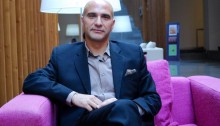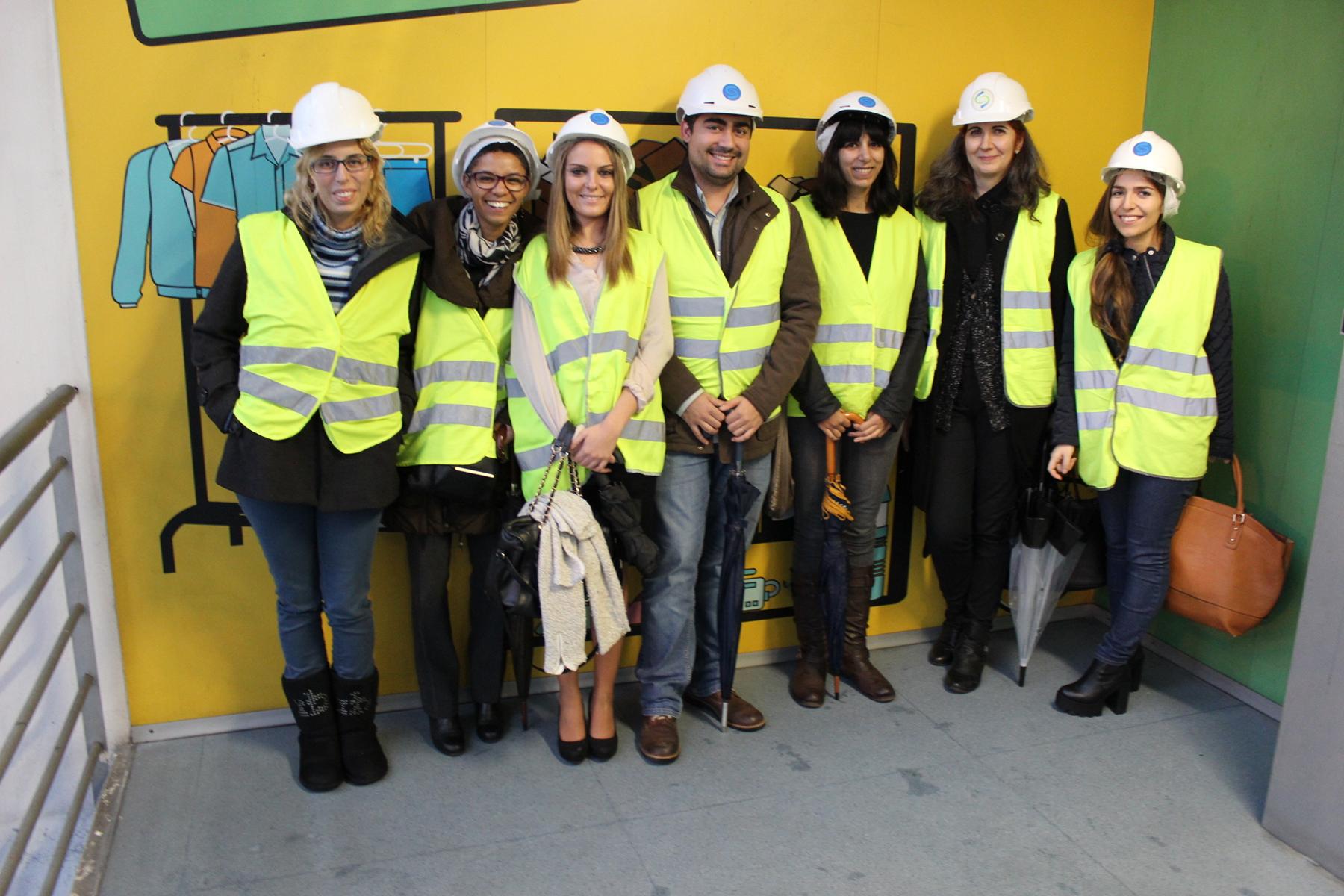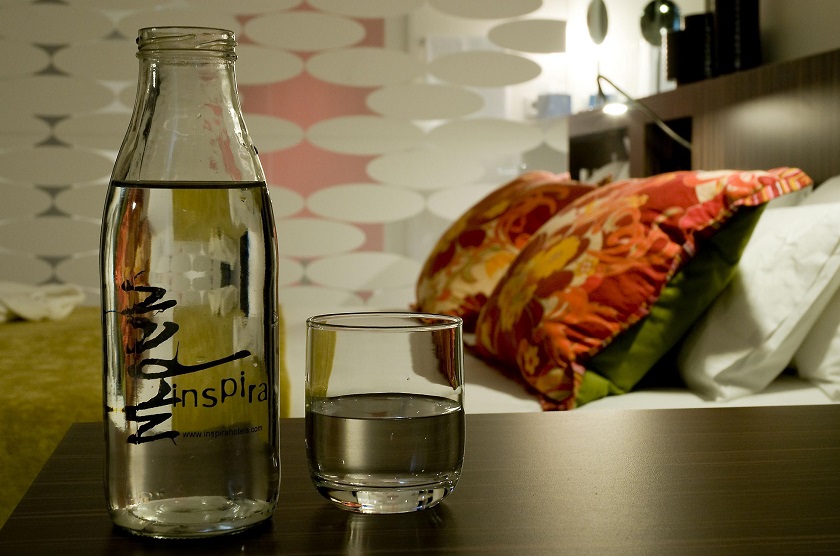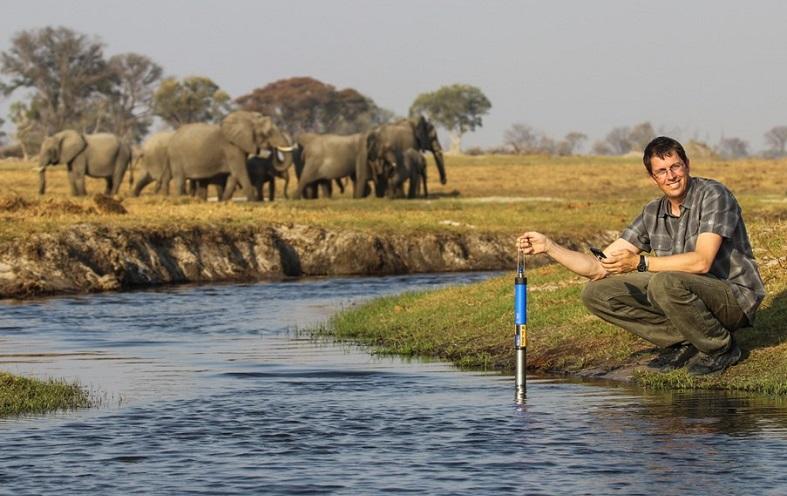
Most successful hotels now embrace sustainability – one way or another. Few, however, manage to implement environmental and social best practice and at the same time provide the high standards and comfort which sets a hotel apart from the omnipresent Airbnb hosting opportunity.
Opened in 2010, 89-rooms boutique hotel Inspira Santa Marta in Lisbon, Portugal, ticks those boxes. In this interview, hotel manager Nicolas Roucos tells us why and how the four-star boutique accommodation puts sustainability at the core of the hotel’s strategy and operations.
Learn about:
- Why Inspira Santa Marta decided to focus on sustainability as a key hotel strategy;
- Which sustainability features and initiatives Nicolas is particularly fond of;
- The main challenges and hurdles to overcome, in terms of sustainable operations;
- Which have been the key benefits for the hotel;
- Advice to hoteliers eager to improve their property’s sustainability performance.
Nicolas, when did you first hear about sustainability in tourism?
Resort hotels were one of the pioneers and have been concerned with sustainability and the impact on the environment from the beginning of the 90’s. First time I experienced sustainability in hospitality was at a resort during my honeymoon trip to Mauritius in 1994.
Why did the Inspira Santa Marta Hotel make sustainability a key theme?
In order to run a sustainable (in the long-term) business, we needed sustainability to be the linchpin of our day-to-day thinking and decision-making. We needed sustainability at the forefront of our policies, practices and culture – otherwise it just becomes an “add-on”, which in many companies ends up to be a side function with no real drive on the business.
At Inspira Santa Marta, sustainability dictates our management strategies. Sustainability is not merely the key theme, it is a very tangible part of our day-to-day business.
Which sustainability initiatives at the hotel are you particularly fond of?
We are quite proud of our water initiative. Inspira Water is filtered water which is bottled in the hotel and served in Inspira-branded bottles. The proceeds from the sale of the water are then used to sponsor elephant pumps in Africa, through an NGO called Pump Aid.
This initiative is great because it serves both environmental and social purposes: on the one hand, we do not serve water in glass or plastic, but filter tap water. On the other hand, we are able to assist populations who have no access to drinking water.
We also have a dozen of initiatives on the local front, and take pride in our staff working with APPDA (Association for persons with autism and learning difficulties) and CASA (Association for the homeless) especially.
Which areas at the hotel have been the most difficult in terms of sustainability?
All areas are difficult to manage, as we often have to optimize comfort without losing track of our sustainability objectives. Perhaps the most challenging areas have been Food and Beverage (food waste reduction) and procurement, especially in such areas as housekeeping and maintenance products. It is not easy to find sustainable (and at the same time) efficient products. But we are getting there.
What have been the main benefits of implementing your green initiatives?
- Significant cost savings in energy and waste reduction.
- Staff morale: staff feel a higher purpose working for Inspira, as they help make a difference to our environment.
- Differentiation in the way we position ourselves in the market – our focus on sustainability has helped us reach higher yields.
- Being able to help other associations and NGO’s financially and by providing space, facilities and services.
Which have been the main challenges for you personally, and how did you overcome those?
Recruiting colleagues that are competent and have the right attitude regarding environmental and social responsibility. This is done through a tough screening process, rigorous interviewing and assessment process and through our “constant learning” initiatives.
Engaging suppliers to adopt more sustainable approaches, practices and products. This is done through rigorous negotiation but also through annual forums where we invite our suppliers to share with one another sustainable practices and the benefits that can be obtained from them.
Create the necessary margins (and justify higher prices) to finance sustainable hotel business. Any sustainable hotel business needs to do have a higher service/quality and price structure than others to bring in the necessary margins as its cost base is significantly higher. So along with the sustainability side, one needs to convince the market that the (higher) prices associated to the business is worth it. This is where quality standards, innovation and service delivery come in.
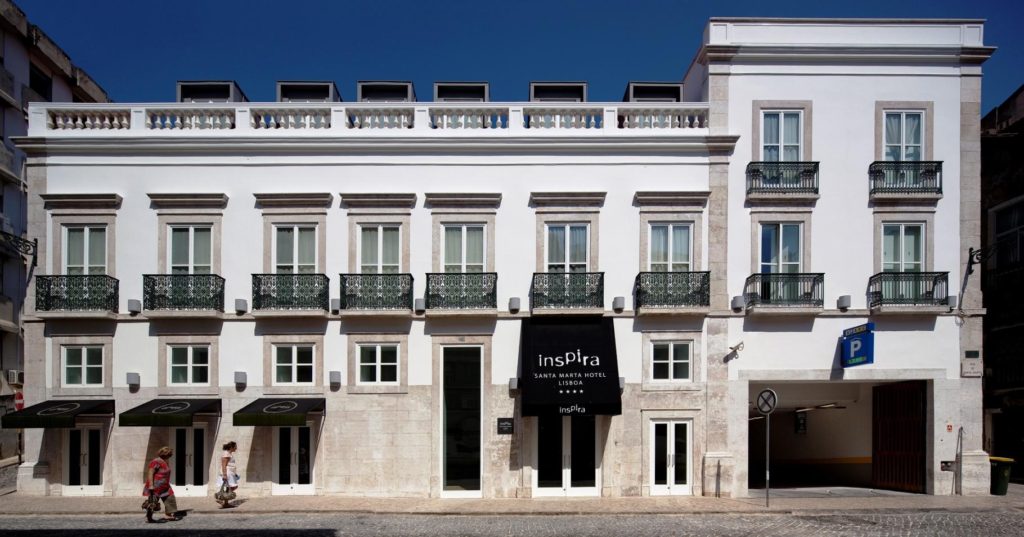
Your advice to hotels eager to improve their sustainability performance?
Go for it! The results are worth the effort, and the environment needs it.
Thank you, Nicolas.
Connect with Nicolas Roucos on LinkedIn. More about sustainability at Inspira Santa Marta hotel here.
Enjoyed our interview with Nicolas Roucos on sustainability strategy at Inspira Santa Marta hotel in Lisbon, Portugal? Spread the word!

